Instead of adhering to this international legal document in relation to the so-called Navalny's case, the representatives of Germany and France initiated another batch of illegitimate EU sanctions against Russian citizens. All this deplorably and clearly illustrates the inability of the EU to adequately assess current developments in the world, and its desire to put itself above the law, said Russian Foreign Minister Sergey Lavrov in an interview for Croatian daily nespaper Vecernji List. Lavrov, who was to visit Croatian capital Zagreb on Tuesday, had to postope his trip because of the surge of the number of COVID-19 cases in Croatia, still expressed his views on the current Russian relations with the EU and the US, pointing out that Washington and a number of EU capitals have recently been redoubling their efforts to restrain Russia's development.
We have no choice but to conclude that there are no elements to expect a mutually respectful discussion of emerging problems, as the West has obviously developed a habit of presuming Russia's blame in everything, said Lavrov.
What, in your opinion, led to stagnation in Russian-Croatian relations? What obstacles are preventing that the cooperation between the two countries reaches the level that we have with our neighbors, such as Slovenia and Serbia, and how can these obstacles be removed?
I would not qualify our bilateral relations as stagnating. The Russian- Croatian political dialogue is regular and advanced. In 2017 and 2018 President Kolinda Grabar-Kitarović visited Russia at the invitation of President Vladimir Putin. These were very useful and productive meetings. We maintain close communication between our Ministries of Foreign Affairs. Only this year my colleague Gordan Grlić-Radman and I have hold several phone conversations. Practical cooperation between our countries has been on the increase, too. Last year, a session of the Intergovernmental Commission on Trade, Economic, Scientific and Technical Cooperation was held in Moscow. It had been planned to hold next meeting this year in Croatia, but the pandemic forced us to make adjustments - the meeting will be organized as soon as the epidemiological situation stabilizes. As expected, Croatian companies continue their operations in Russia and vice versa. At the end of 2019, mutual trade between our countries exceeded $ 1.5 billion. Croatia remains highly popular with Russian tourists. On the other hand, what remains to be a serious obstacle in the path of further strengthening Russian-Croatian ties is the spiral of sanctions that keeps being promoted by Brussels and a number of Russophobe EU Member States - at direct orders from Washington. Such an anti-Russian policy has become much more active recently. I would like to hope that our European colleagues will have enough wisdom, foresight, common sense if you want it, to fully restore the dialogue we had with the European Union and its member states on the principles of good neighborliness, honesty, predictability and transparency.
How does Russia feel about the EU-co-financed LNG terminal on the island of Krk, which is the project that the US has insisted for many years? Taking into account the fact that the Croatian First Gas Company (PPD) purchased two billion cubic meters of gas from Gazprom last year, many would point out Croatia's excessive dependence on Russian gas.
Russia respects the right of countries to independently determine their energy policy and choose optimal energy sources. We don’t mind having competition at all - healthy, fair competition based on market principles is what we strive for, not Cold- War-political-slogans kind of competition. The LNG terminal construction project on Krk is purely internal Croatian issue. If our Croatian colleagues believe it is better for their economy to buy liquefied, instead of cheaper pipeline gas, they should feel free to do it. Everyone has the right to calculate their own benefit. For many decades already our country has been a reliable and fair-minded energy supplier. This is very well known in Zagreb, as well as the fact that long-term gas contracts with the Russian Federations have always been based on commercial principles, never politically motivated. Naturally, we are aware of popular narrative about the notorious "dependence" of Croatia and other European states on Russian gas, but from our perspective these are just attempts to sow unreasonable doubts. We do not impose anything on anyone, and we are extremely responsible when it comes to implementation of our contracts.
Croatian Prime Minister Andrey Plenković, since his work in the European Parliament, has been actively involved in the Ukrainian issue, promoting the Croatian experience of peaceful reintegration of the Danube region as a model for the reintegration of Donbas into Ukraine. How would you comment on this initiative, and did it have a negative impact on relations between Russia and Croatia?
With regard to the situation in eastern Ukraine, there is already a non-alternative basis for a peaceful settlement - the Minsk Package of Measures, agreed in February 2015. This document was approved by the UN Security Council Resolution 2202 and thus became part of international law. Now it is simply necessary to fully implement everything that the parties agreed upon more than five years ago during the hours-long diplomatic marathon. We see no need for any additional external initiatives.
Where do the interests of Russia and Croatia coincide when it comes to international affairs, especially in the region of South-Eastern Europe and in Bosnia and Herzegovina? On what issues can the two countries act together?
I would say that our interests coincide on the principal level. I am convinced that both Russia and Croatia are interested in strengthening international peace, security and stability, in ensuring sustainable development, and finding political and diplomatic solutions to numerous crises and conflicts. The region of South-Eastern Europe remains a natural and historical environment for Russian-Croatian interaction, where our joint efforts should support deepening mutual understanding between regional players and building a system of genuine national reconciliation based on common sense and existing international agreements. You mentioned Bosnia and Herzegovina. One of the discussion topics with our Bosnian partners remains the issue of the Dayton Peace Agreement, the twenty-fifth anniversary of which falls on December 14. We are convinced that the Dayton Agreement retains its relevance. Its fundamental principles of sovereignty, independence and territorial integrity of BiH, the equality of all three constituent peoples and two entities with broad constitutional powers provide peace, stability and security, and ensure development. I think our approach corresponds to the position of Croatia, which is a signatory to the Peace Agreement and as such bears its share of responsibility for its implementation and probably holds high interest in overall adherence to its main principles. In that sense, Russia is always ready to provide support.
Russia is constantly being accused of meddling in elections, in particular in the US, organizing cyberattacks so even the report of the Croatian Security and Intelligence Agency last year says that they identified such attacks. Moscow is blamed for using false news and disinformation, poisoning its political opponents, in the latest case Aleksey Navalny, destabilizing the situation in the Middle East and the Balkans. What is the reason? How do you respond to such accusations and how do you intend to improve the situation?
Unfortunately, we can’t help but notice that Washington and a number of EU capitals have recently been redoubling their efforts to restrain Russia's development, in an attempt to teach us a lesson for our independent foreign policy and consistent protection of our national interests. To justify their actions, such as introduction of new anti-Russian sanctions, they throw in various accusations and insinuations, including those you mentioned. However, no one has ever provided any facts or evidence for those claims. Traditionally, everything remains at the level of insinuations in the “highly likely” style, where claims are made on the basis of fabricated accusations, contrary to elementary logic. Our proposals to organize a professional dialogue on all issues of concern remain without reaction. Therefore, we have no choice but to conclude that there are no elements to expect a mutually respectful discussion of emerging problems, as the West has obviously developed a habit of presuming Russia's blame in everything. Take alone the Berlin's patronizing refusal to respond to numerous requests from our Prosecutor General's Office in relation to the so-called Navalny's case, which is in direct violation of Germany's obligations under the 1959 European Convention on Mutual Assistance in Criminal Matters. Instead of adhering to this international legal document, the representatives of Germany and France initiated another batch of illegitimate EU sanctions against Russian citizens. All this deplorably and clearly illustrates the inability of the European Union to adequately assess current developments in the world, and its desire to put itself above the law. We do not leave such anti-Russian insinuations from our Western colleagues, who have completely forgotten what diplomacy is and have sunk to the level of banal rudeness, without a proper reaction. Our reciprocal steps are well known in the US and the EU. At the same time, we continue to implement our multi-vector foreign policy, by cooperating with those who are open to fair-minded joint work on the principles of equality, mutual respect and balance of interests. And the overwhelming majority of such international partners are in Eurasia, Africa, and Latin America. Among them are our friends and allies in the The Eurasian Economic Union (EAEU), The Collective Security Treaty Organization (CSTO), The Commonwealth of Independent States (CIS), an informal group of states comprising the Federative Republic of Brazil, the Russian Federation, the Republic of India, the People's Republic of China (BRICS) and The Shanghai Cooperation Organisation (SCO).
VIDEO LNG terminal
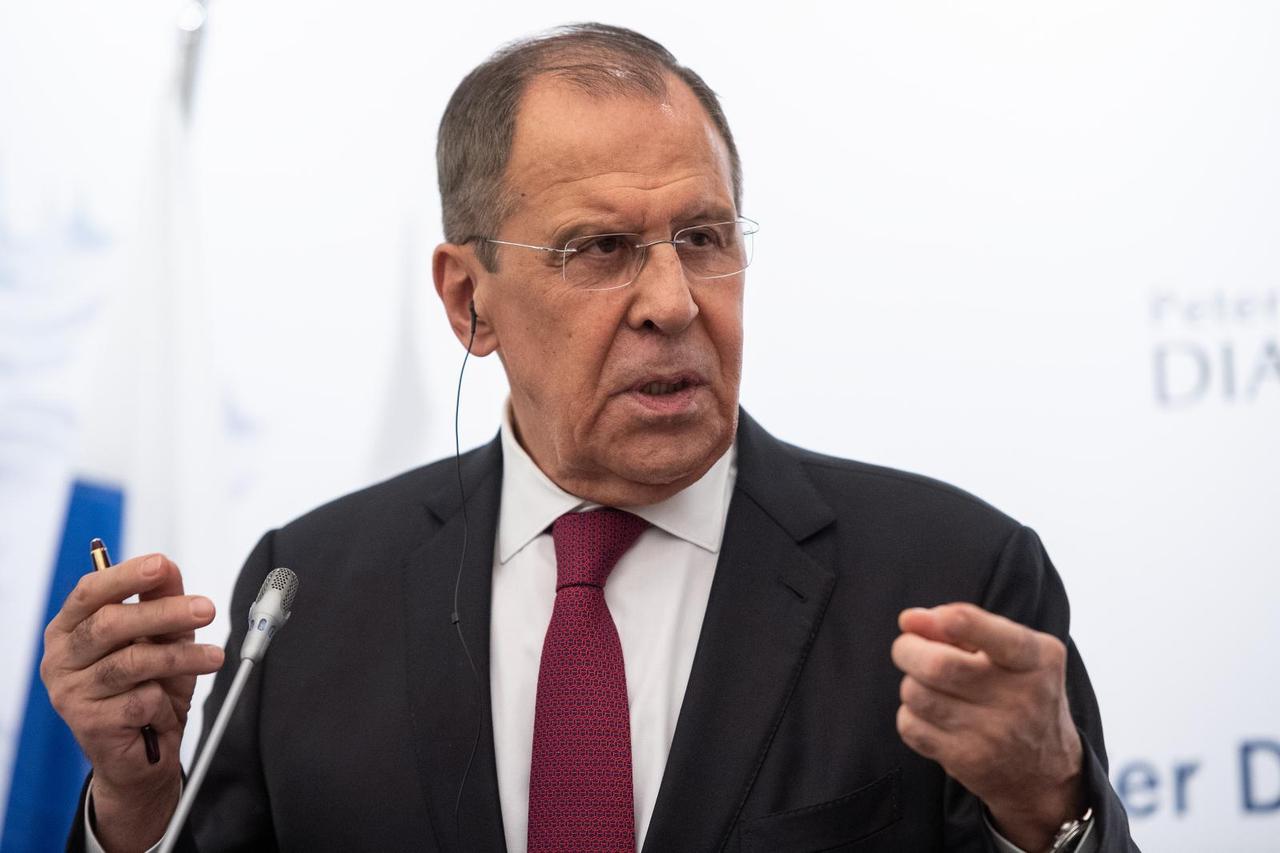

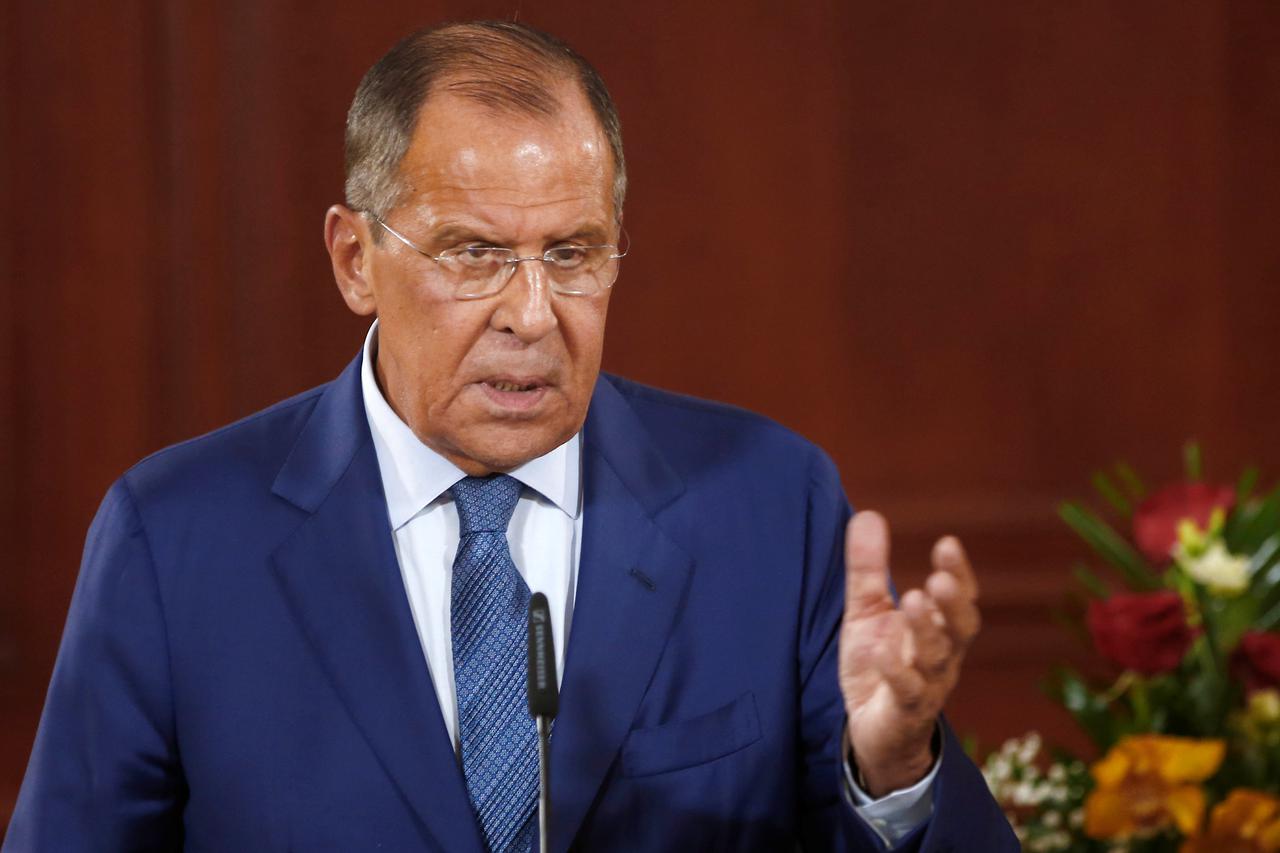
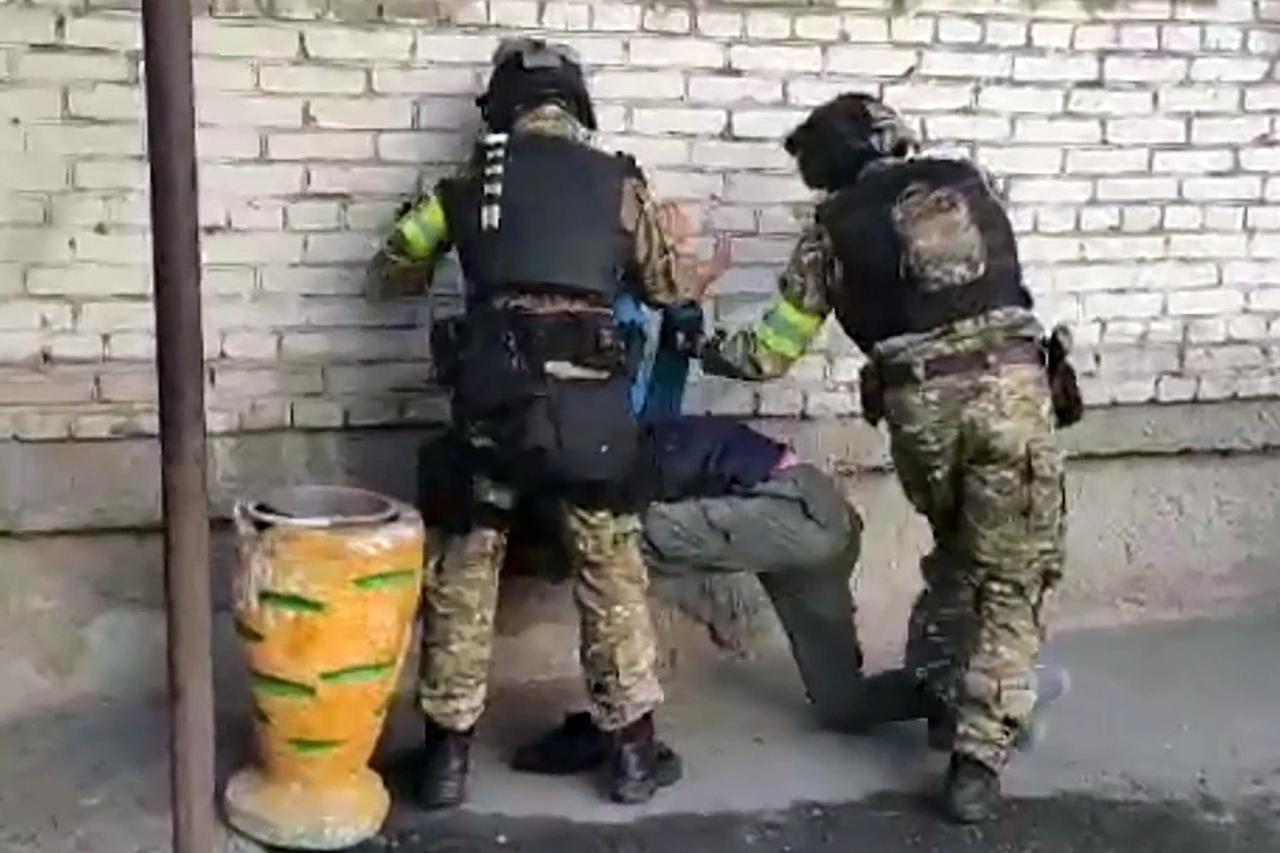

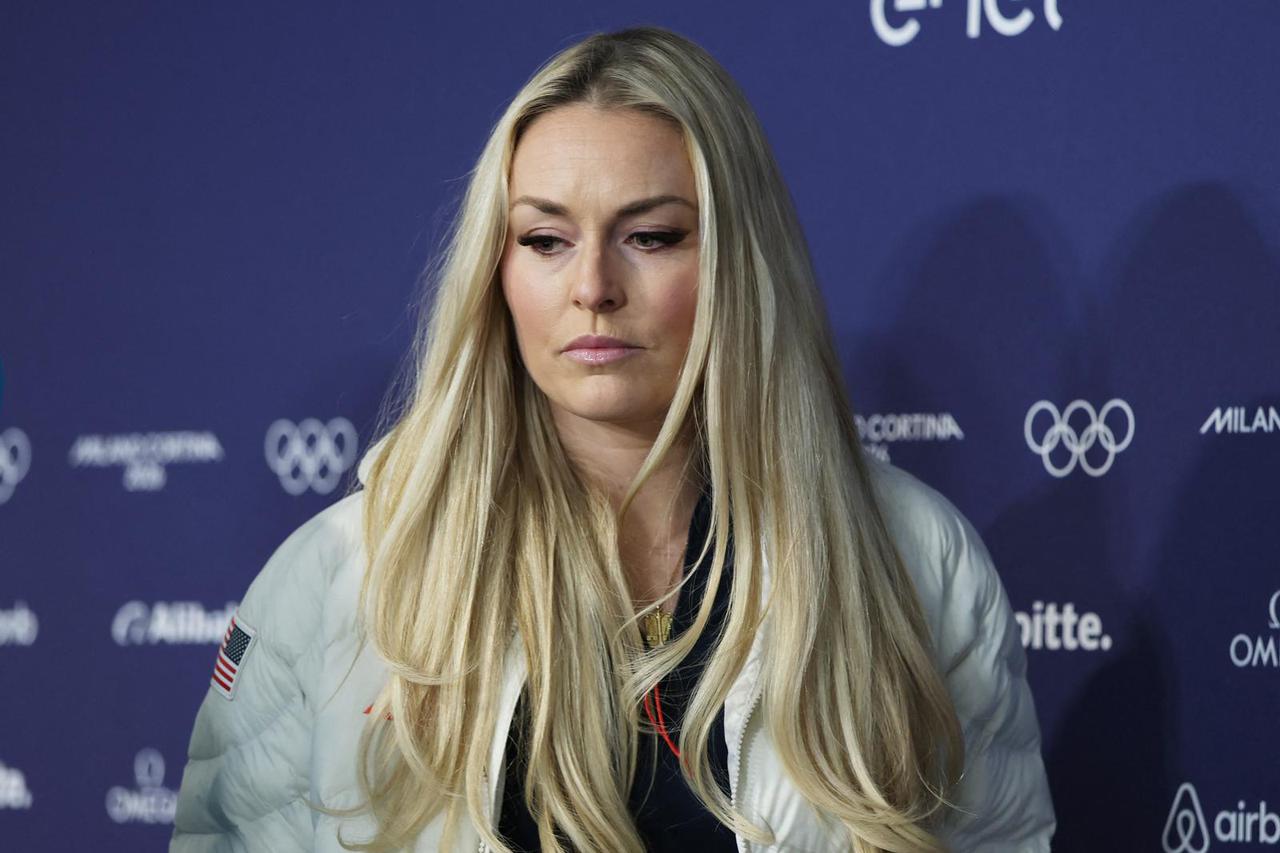

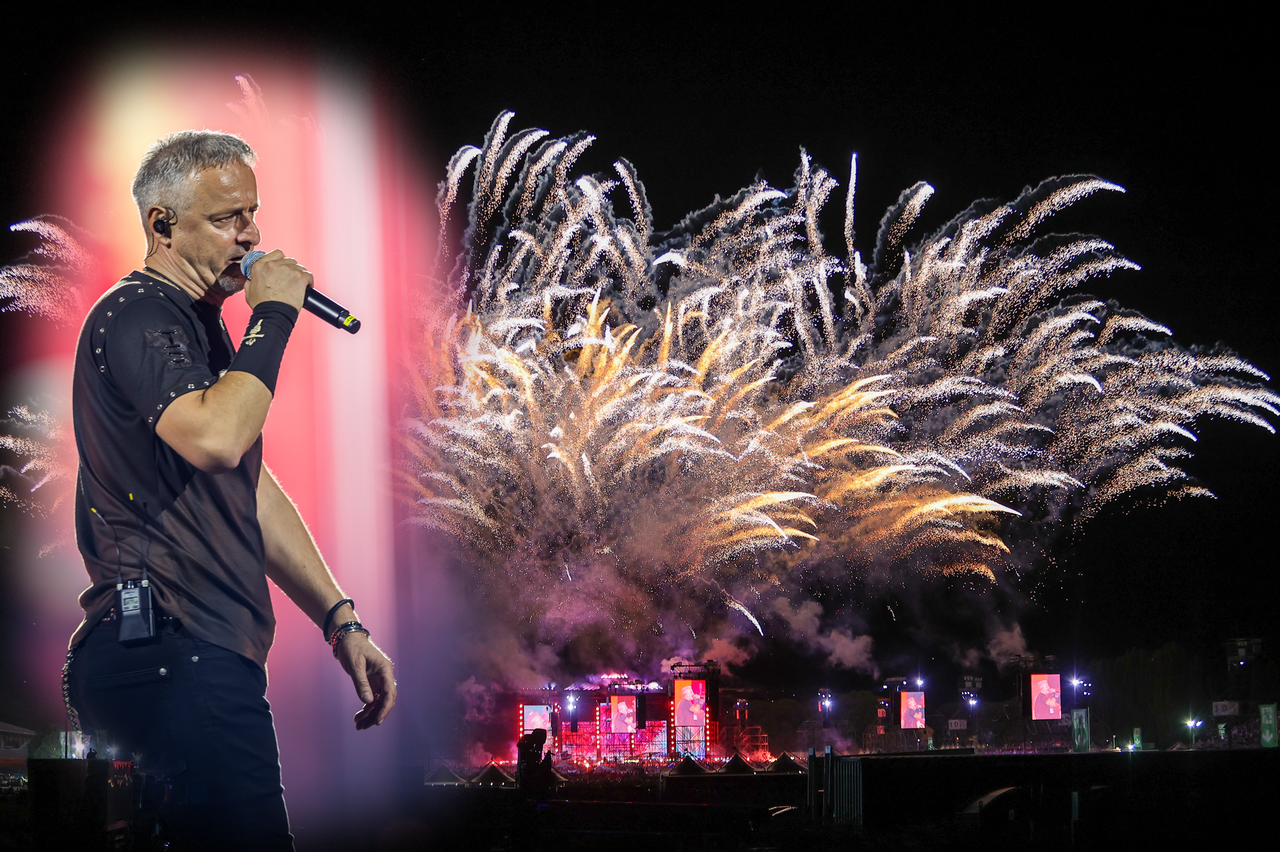

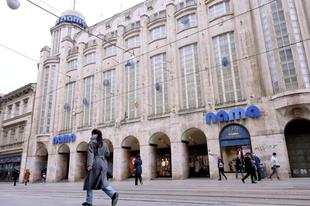

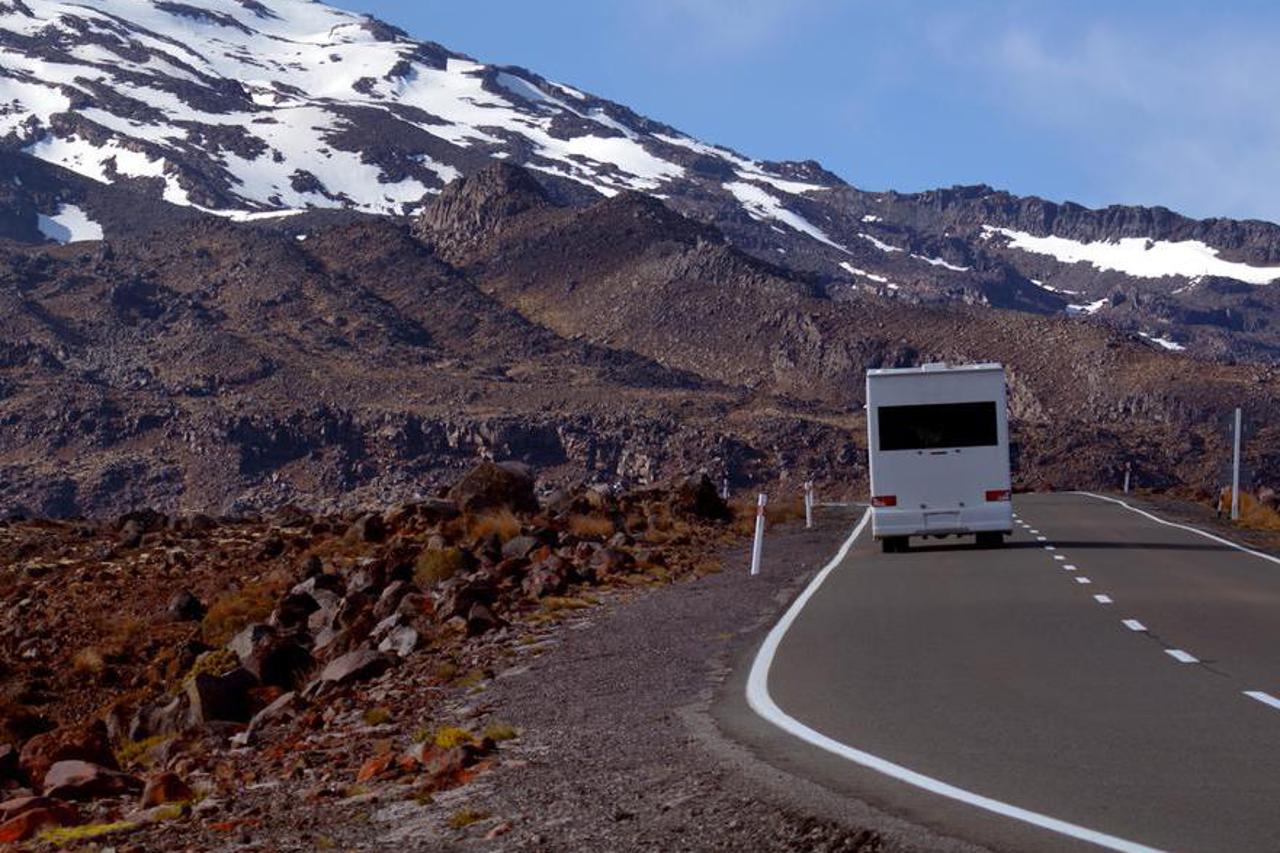
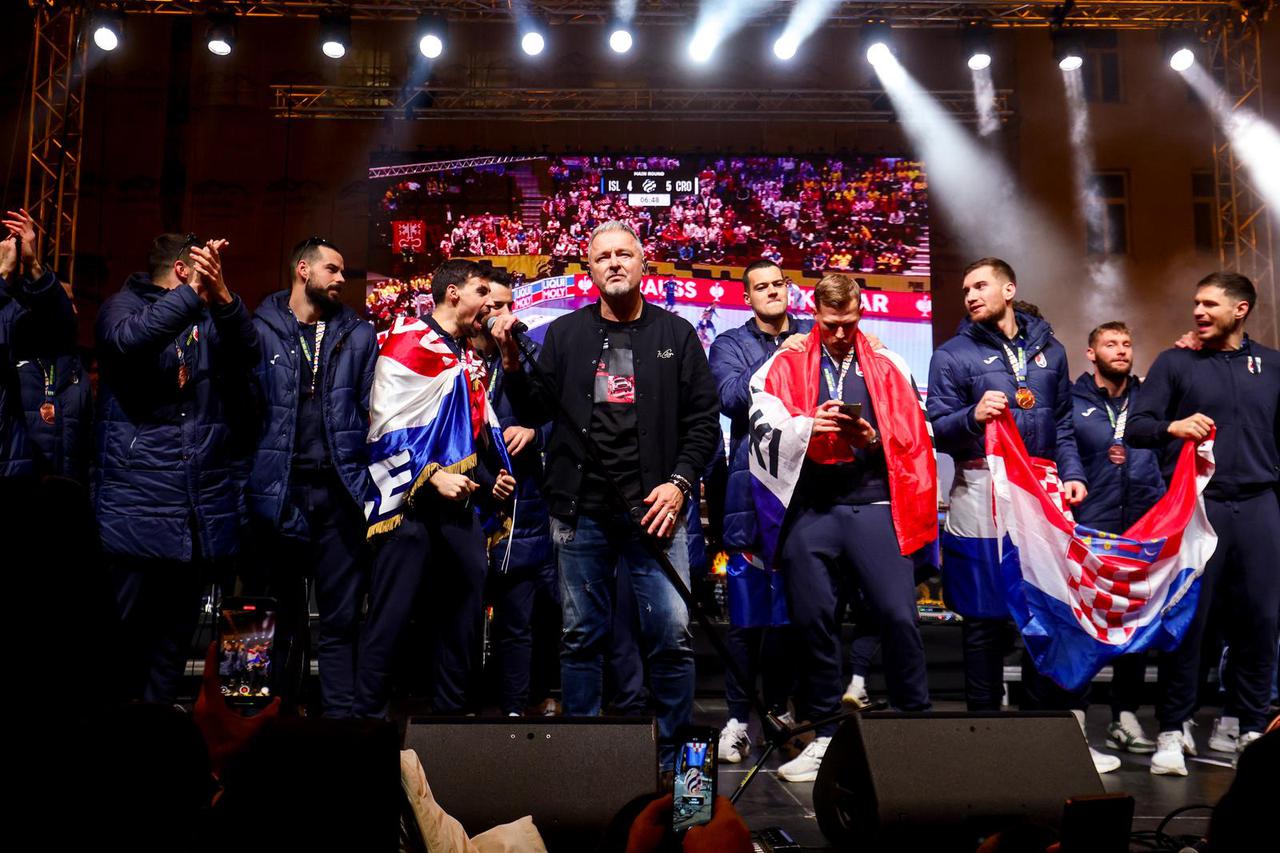

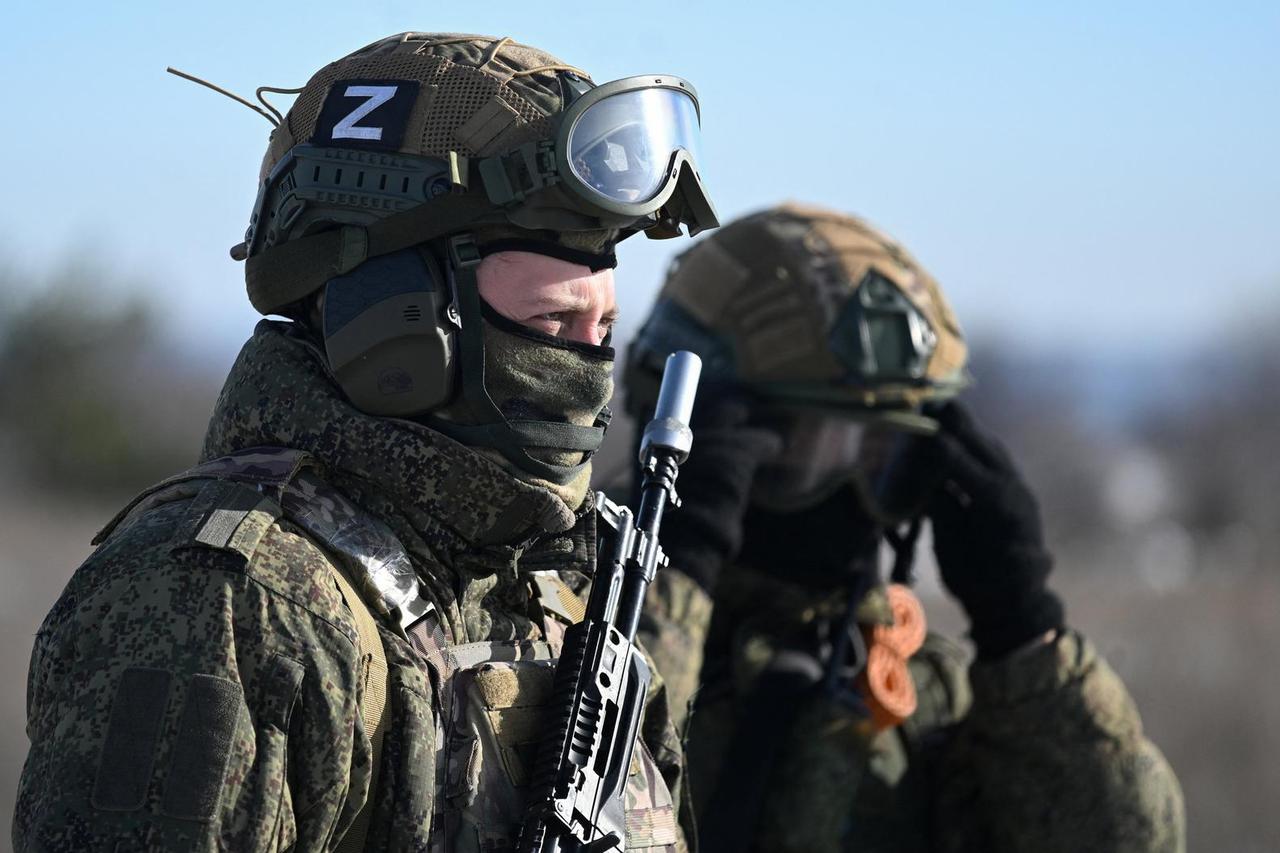
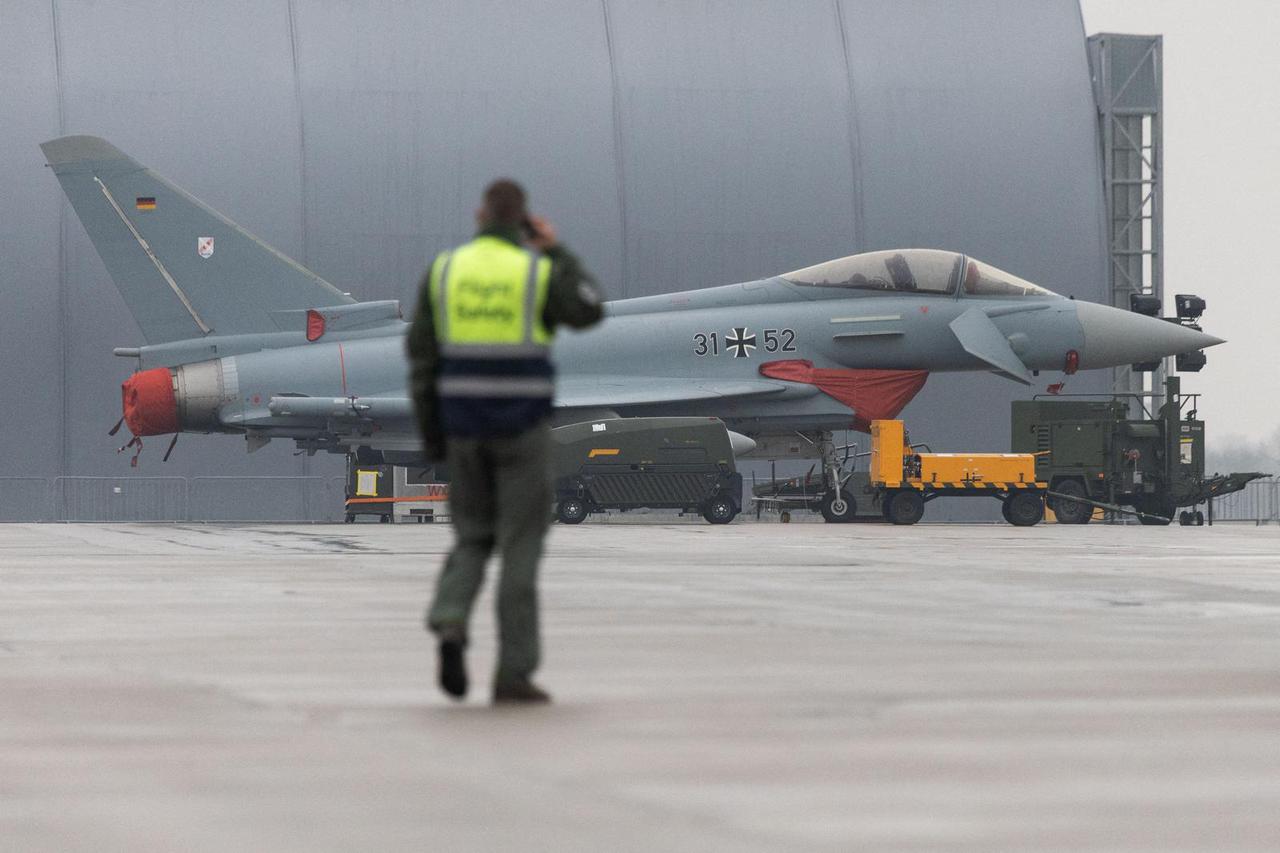
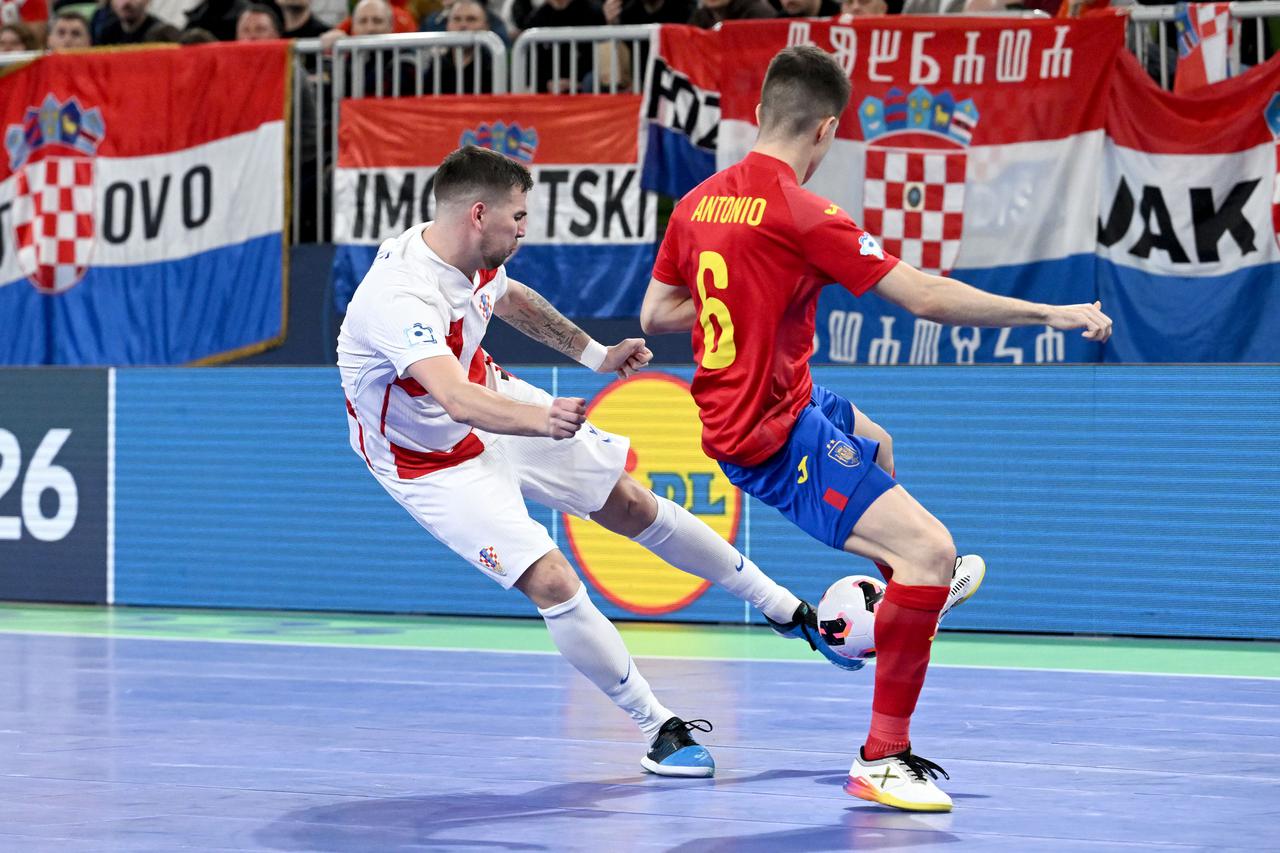
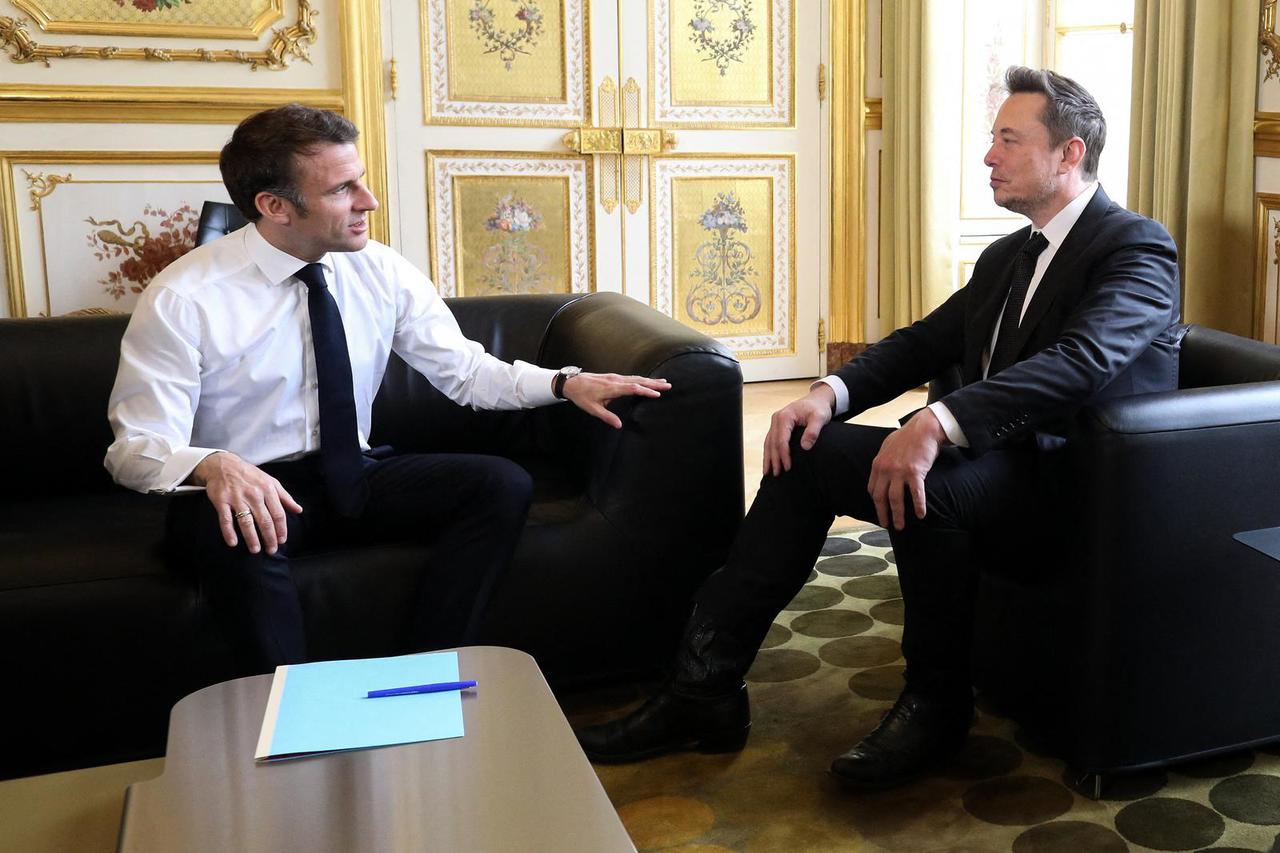
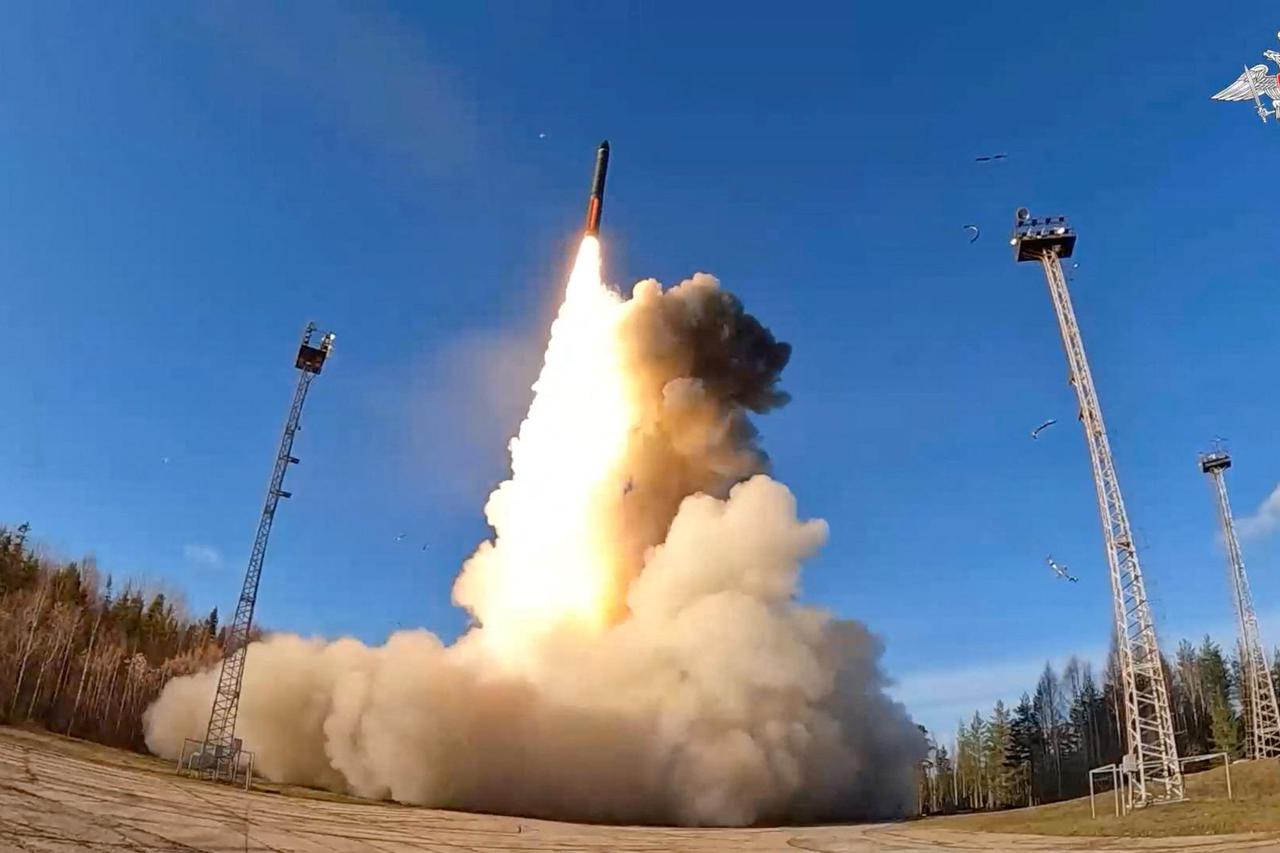
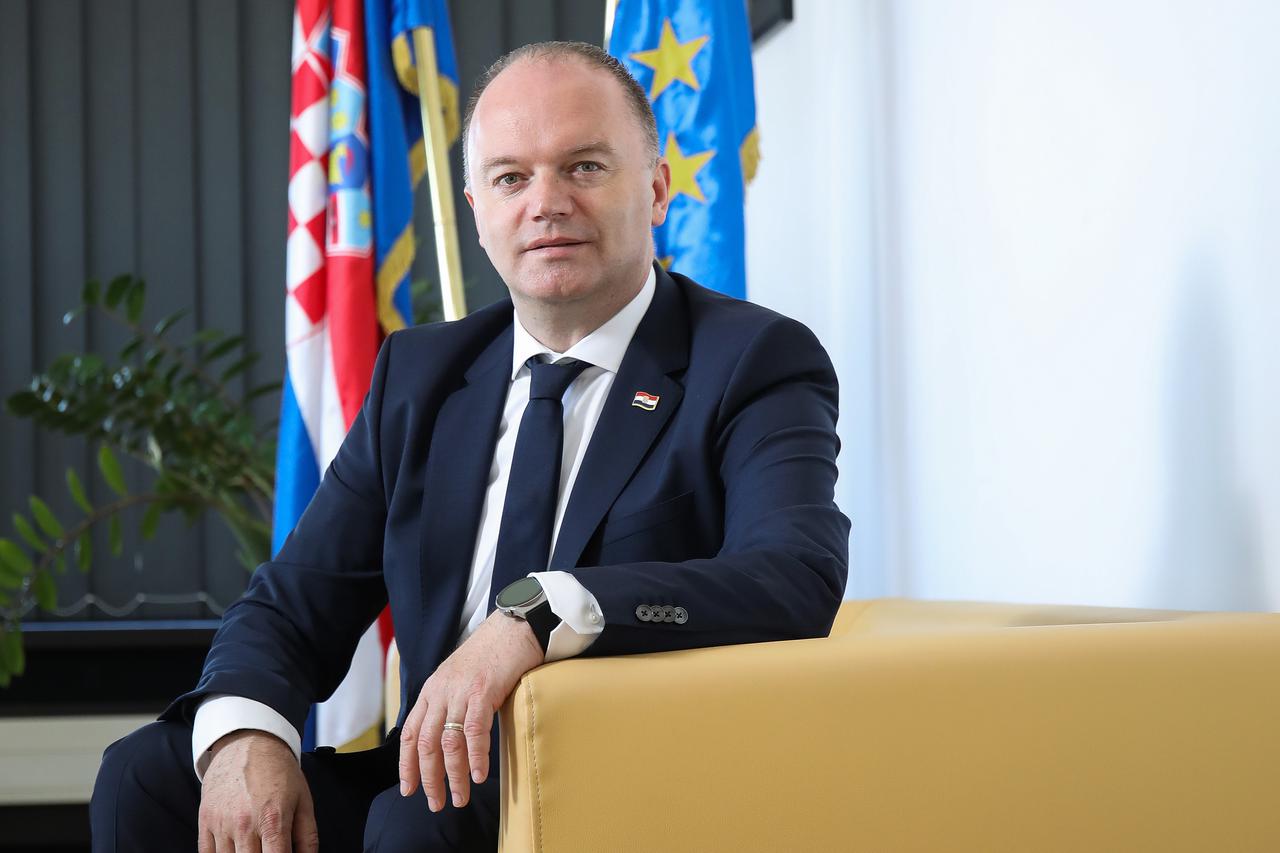
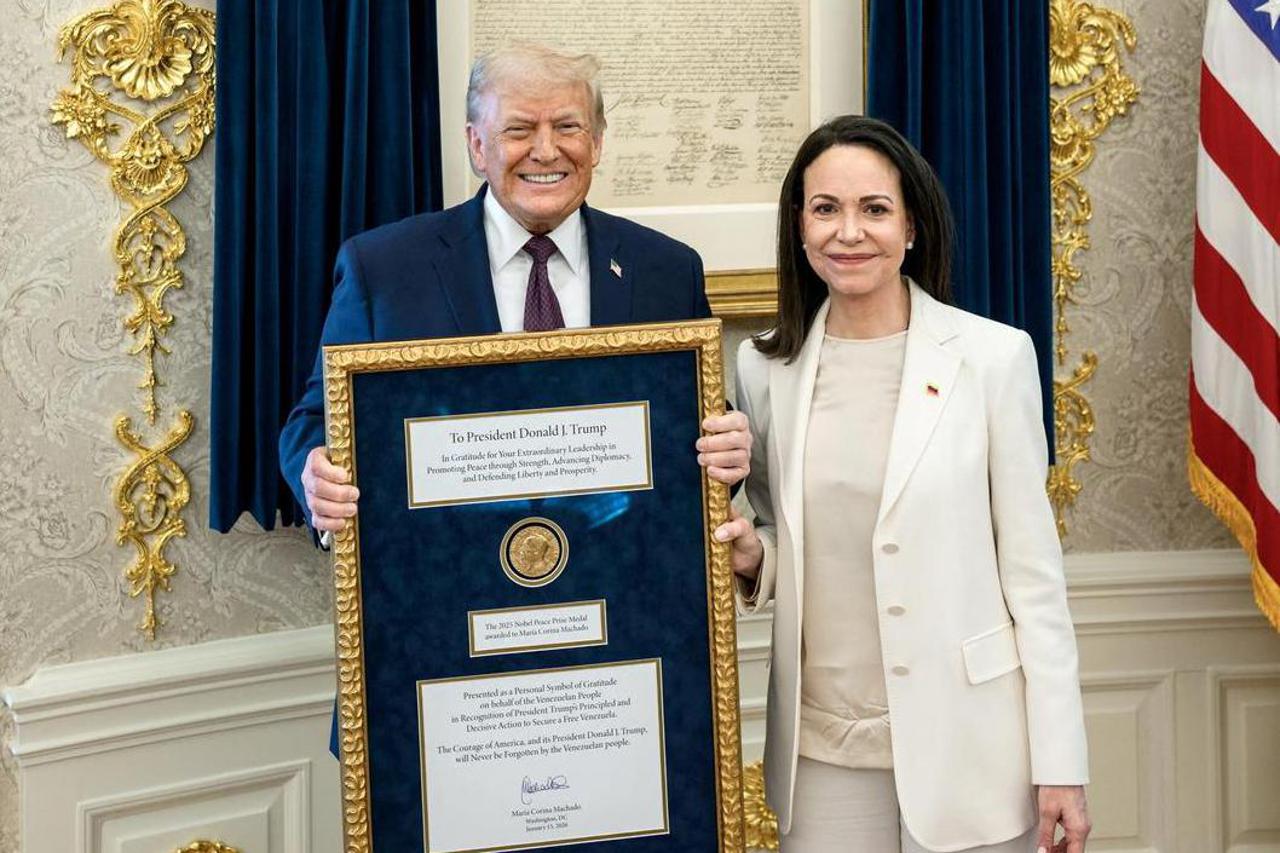

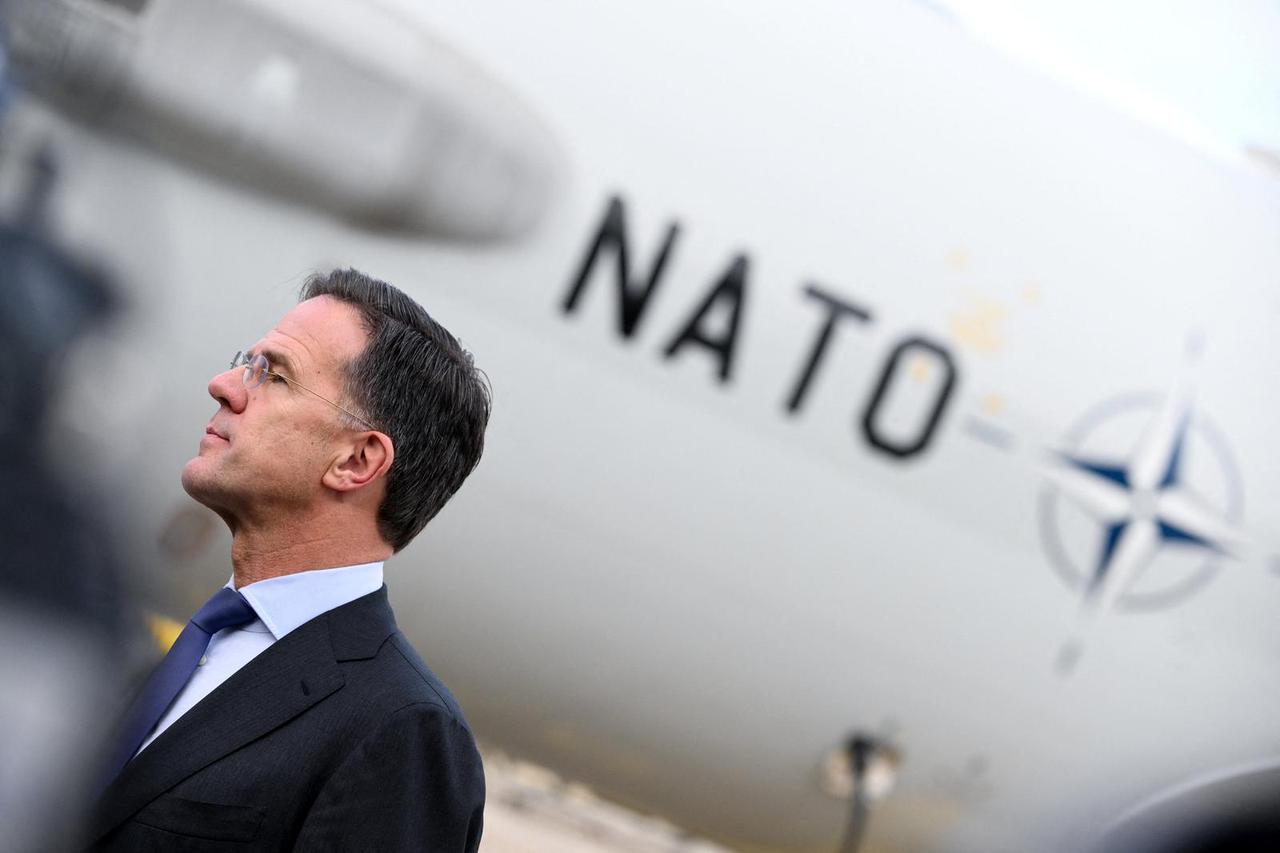


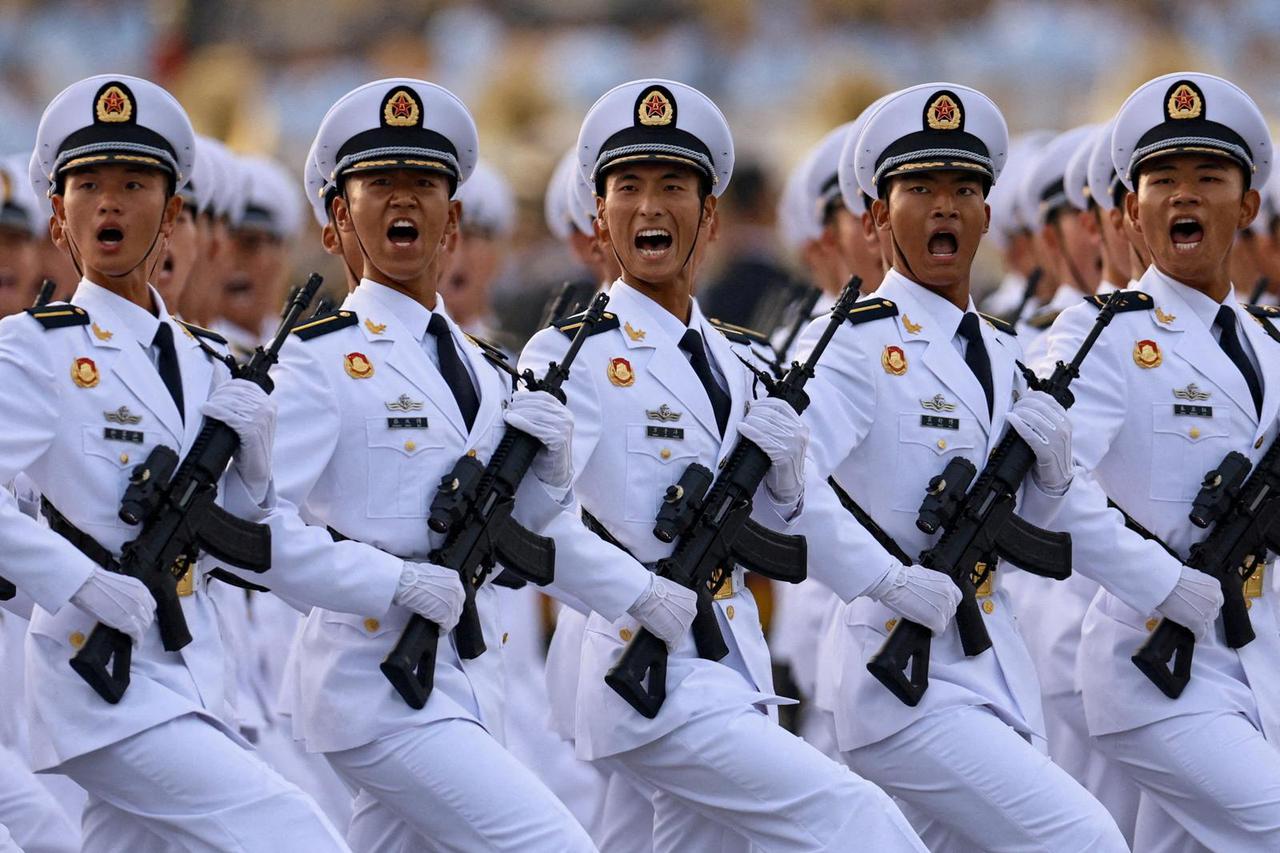
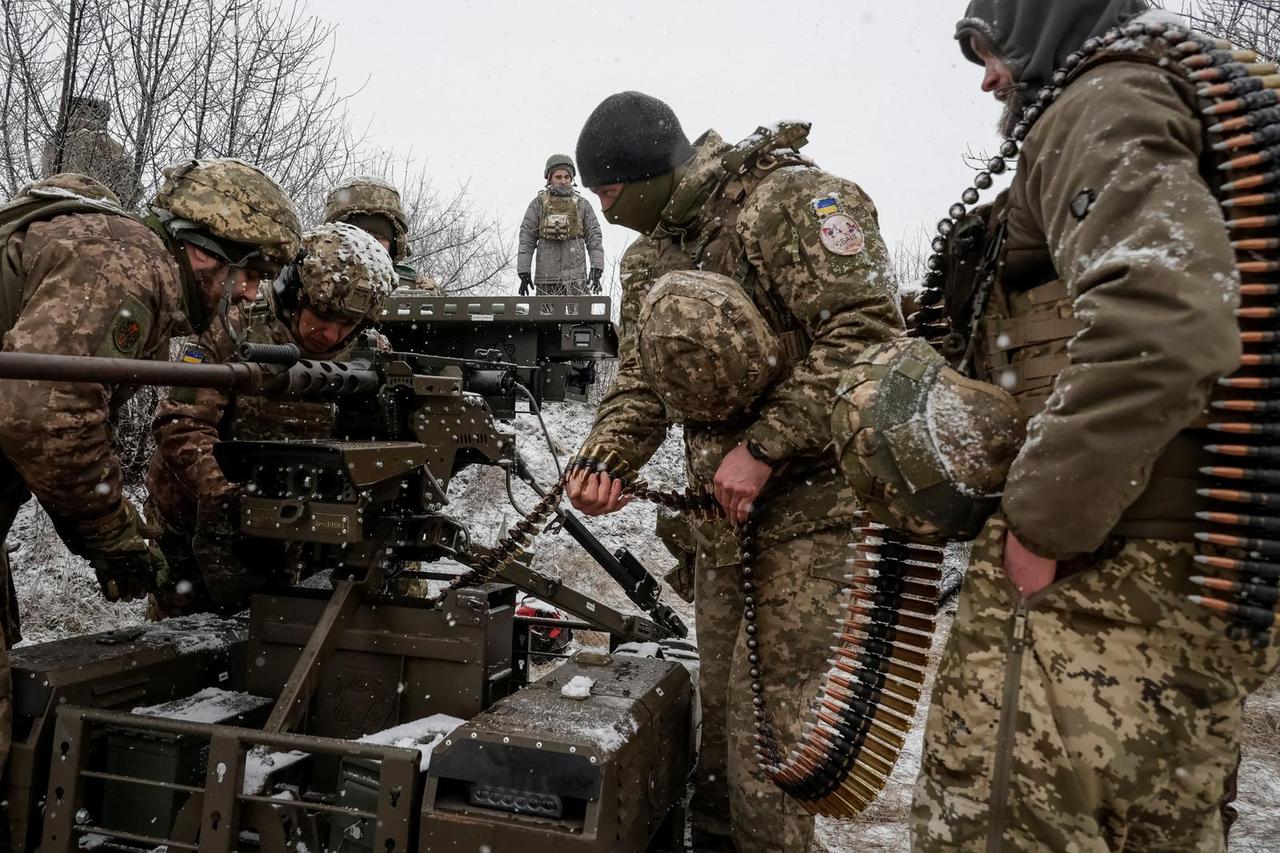
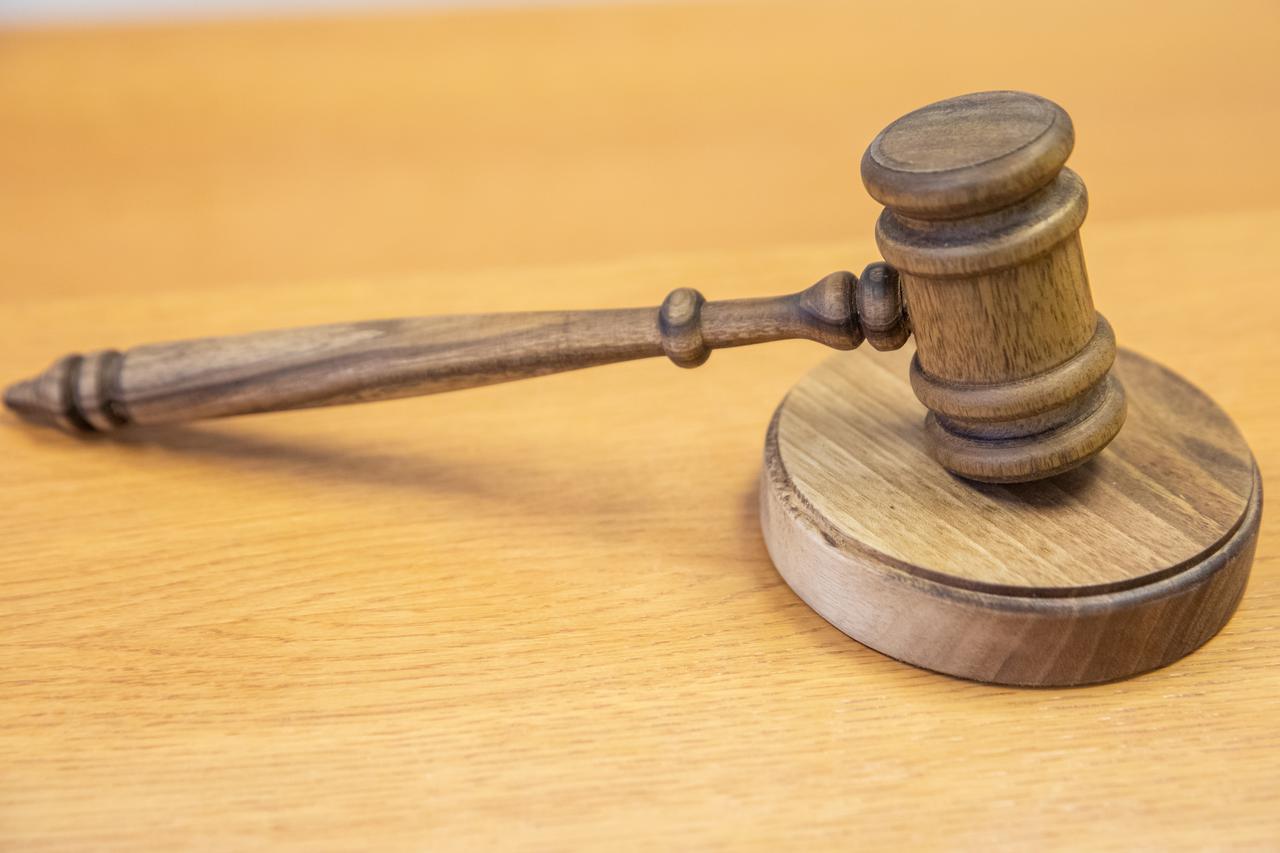
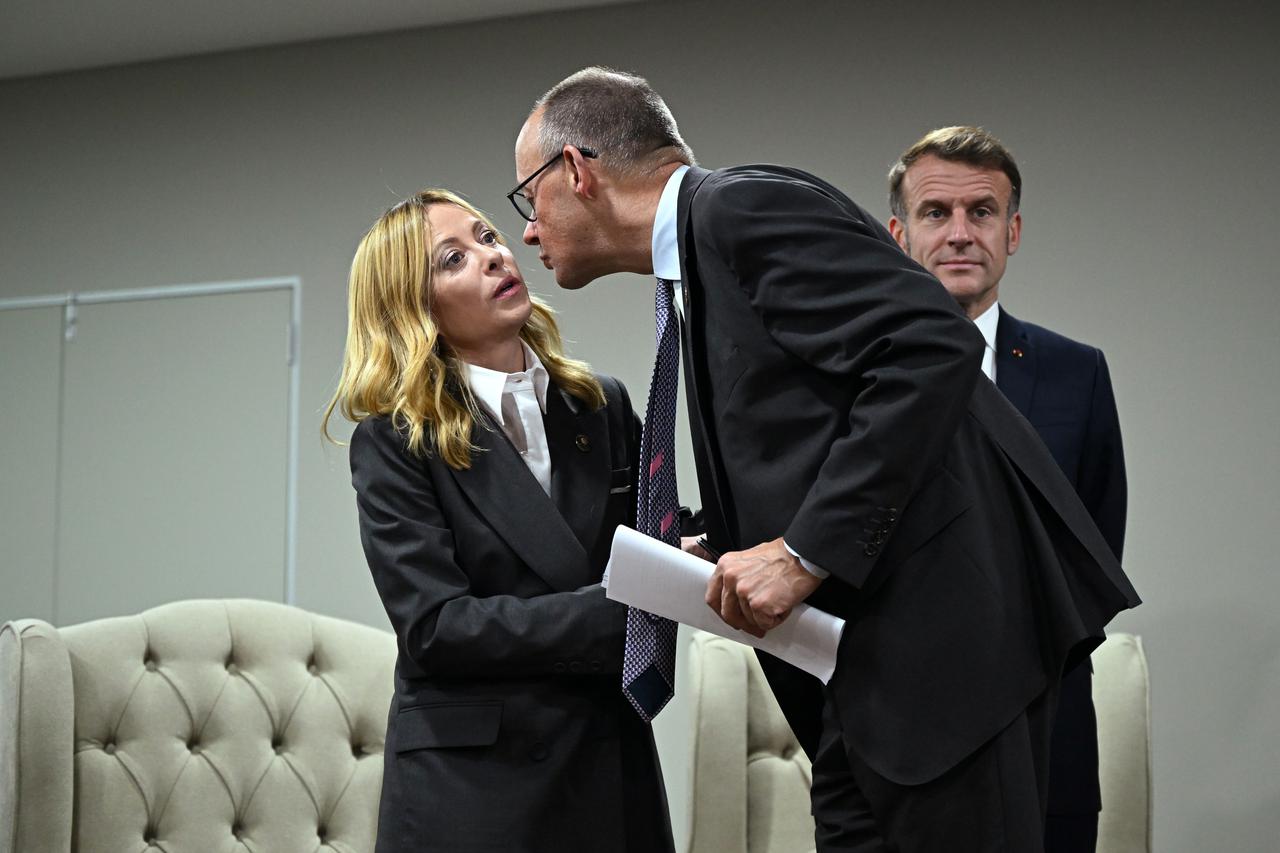

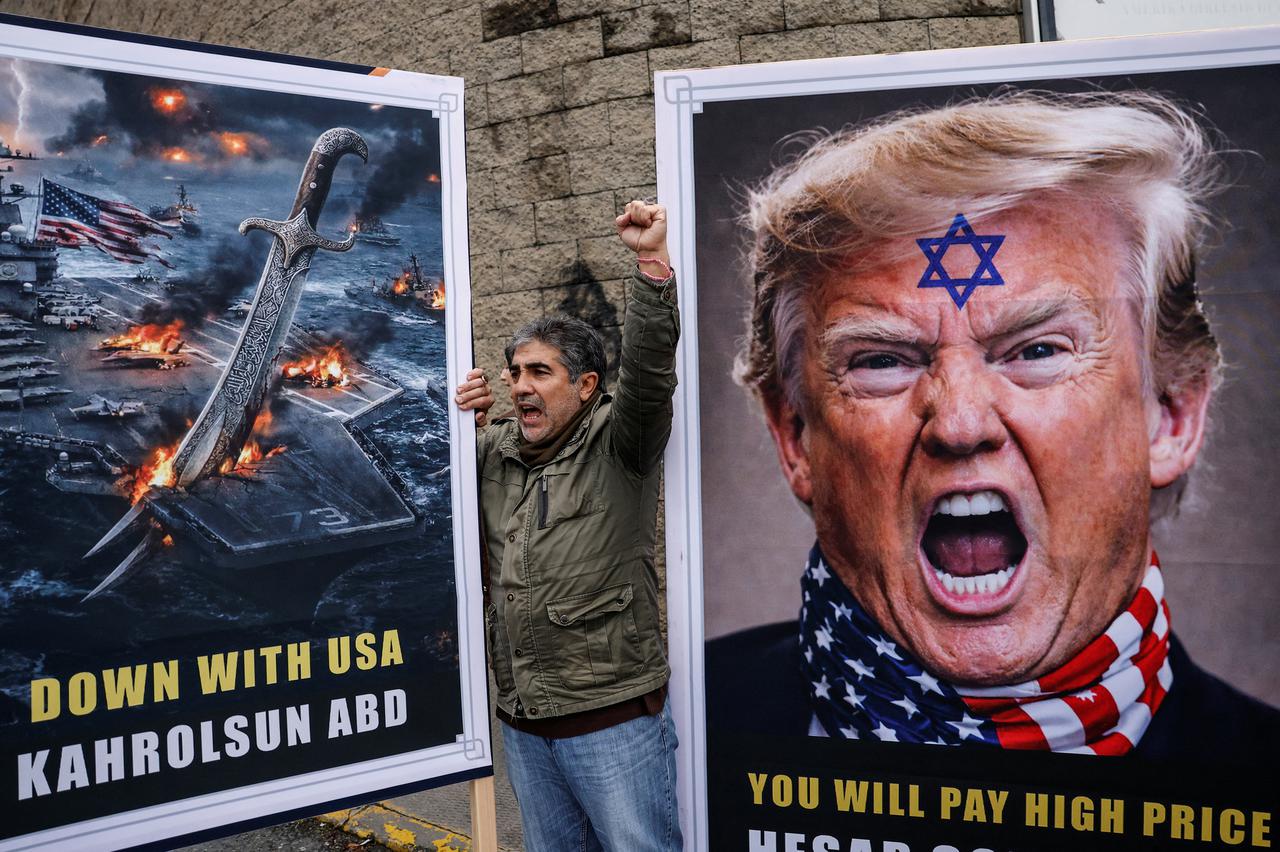
 Otvori KEKS Pay
Otvori KEKS Pay

glavno da se "novinarka" potpisala